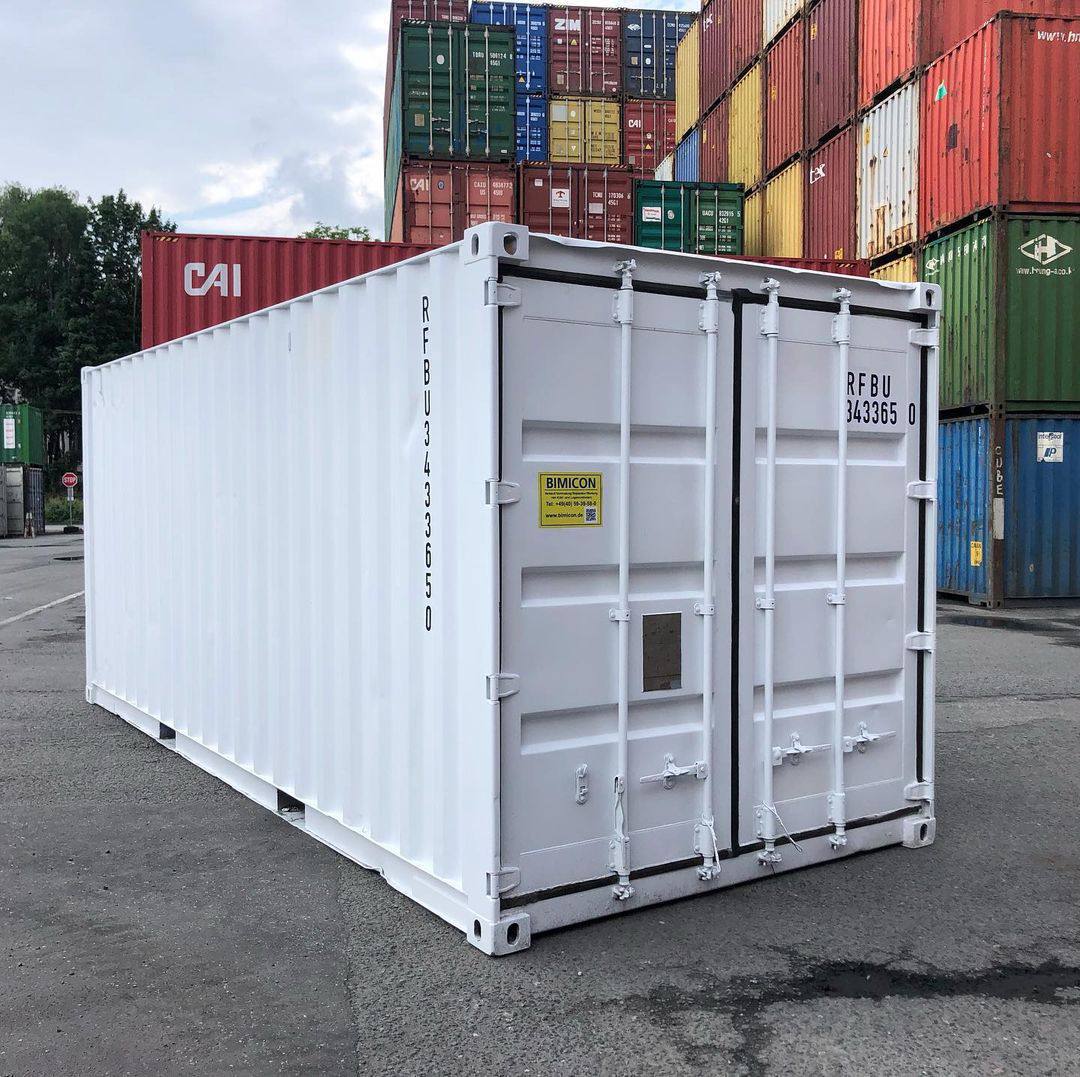In today's interconnected world, international trade plays a vital role in the global economy. The efficient transportation of goods across vast distances is crucial for businesses to thrive and consumers to access a wide range of products. One of the key innovations that have revolutionized the shipping industry is the use of containers. In this article, we will explore why containers have become the preferred method for shipping goods worldwide.
- Enhanced Security and Protection
Containers provide a secure and protected environment for goods during transit. With their sturdy construction and standardized dimensions, containers offer a reliable barrier against theft, damage, and adverse weather conditions. This ensures that goods arrive at their destination in optimal condition, reducing losses and increasing customer satisfaction. - Streamlined Logistics and Efficiency
Containerization has greatly simplified the logistics involved in shipping. By standardizing container sizes, it becomes easier to plan and optimize the loading and unloading of cargo onto ships, trucks, and trains. This standardized approach minimizes handling time, reduces the risk of errors, and enables seamless intermodal transportation. As a result, containers have significantly improved the efficiency of global supply chains. - Cost Savings and Economies of Scale
Containers have enabled economies of scale in shipping. By utilizing large container ships, shipping companies can transport a vast amount of cargo in a single journey, reducing per-unit transportation costs. Additionally, the ability to stack containers vertically maximizes the use of available space, further optimizing shipping capacity. These cost savings are passed on to businesses and consumers, making goods more affordable and accessible. - Flexibility and Versatility
Containers offer unparalleled flexibility and versatility in shipping. They can accommodate a wide range of goods, from perishable items to heavy machinery, and can be easily modified to meet specific transportation requirements. Moreover, containers can be seamlessly transferred between different modes of transport, such as ships, trucks, and trains, without the need for repackaging. This flexibility allows for efficient multimodal transportation and enables businesses to reach global markets more effectively. - Environmental Sustainability
Containerization has also contributed to environmental sustainability in shipping. By optimizing cargo capacity and reducing the number of individual shipments, containers help minimize fuel consumption and greenhouse gas emissions. Additionally, the use of intermodal transportation reduces the reliance on road transport, which further reduces congestion and carbon footprint. As the world becomes increasingly conscious of environmental issues, containerization offers a greener alternative for global trade.
In conclusion, containers have revolutionized the shipping industry by providing enhanced security, streamlined logistics, cost savings, flexibility, and environmental sustainability. Their standardized dimensions, versatility, and ability to optimize cargo capacity have made them the preferred choice for businesses engaged in international trade. As global trade continues to expand, containerization will remain a cornerstone of the shipping industry, enabling the efficient and reliable transportation of goods across the globe.
